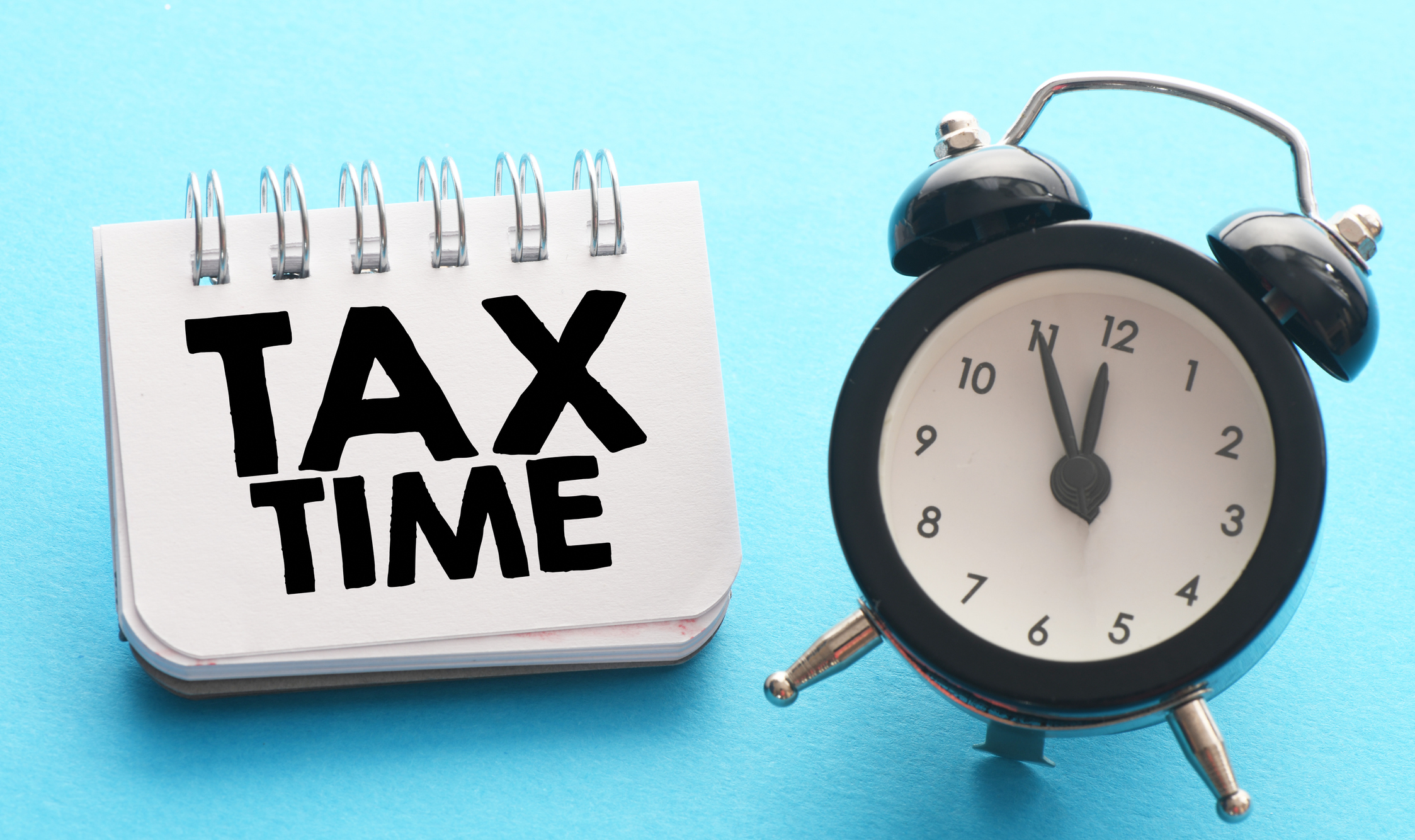
The April 15 tax-filing deadline is quickly approaching, and millions of taxpayers have yet to file, so you'll want to file your federal income tax return soon to avoid IRS penalties.
As noted, the last day to file your 2024 tax return is April 15, 2025, known as Tax Day. There are several other tax deadlines that fall on that day, too. The IRS also allows automatic extensions and tax relief for victims of certain disaster-related situations.
That being said, the IRS is reminding taxpayers that filing electronically and requesting a direct deposit is a more secure and quicker way to get your refund if you are entitled to one. This year, Direct File is available in 25 participating states, allowing you to file for free and directly with the IRS.
Here are a few tips for filing your taxes at the last minute — without sacrificing the tax savings you're entitled to.
Tax tip #1: File taxes for free
The fastest way to get your tax return to the IRS is by electronically filing. Many taxpayers can e-file for free. IRS Free File allows you to use certain tax preparation software at no cost if your adjusted gross income (AGI) isn’t more than $84,000 for 2024 (the tax returns typically filed now, in early 2025). Some people can also file their state tax returns at no cost. You can use the IRS Free File online look-up tool to find free federal tax preparation software and determine which providers offer free state filing.
Also, if your AGI was more than $84,000 in 2024, you can use IRS fillable forms at no charge.
- You can file online when using IRS fillable forms.
- However, with these forms, you won’t find guided step-by-step instructions like with most tax preparation software.
- State tax filing isn’t available with fillable forms.
For information about other free filing options, see Ways to File Your Taxes for Free.
Tax tip #2: File for a tax extension
If you aren’t quite ready to file taxes yet, or by Tax Day, you can still avoid a failure-to-file penalty but only if you request or were already granted a tax extension. Eligible taxpayers in some states were granted automatic IRS tax deadline extensions due to severe storms and natural disasters.
Everyone else must request a tax extension by the April 15 deadline. If granted an extension, you'll have until Oct. 15, 2025, to file your return. However, you must still pay the IRS or set up a payment plan by April 15. (Payment deadlines may differ for those granted automatic extensions.)
Tax Tip #3: Seek help from a tax professional
Consider enlisting help from a professional tax preparer. This is a good option when you don’t know how to handle your tax situation and when you want to ensure you pay as little tax (or receive the biggest refund, if you’re due one) as possible. Professionals can also provide valuable tax tips and answer any last-minute tax filing questions you might have.
Some qualified professionals can help you prepare your tax return, like enrolled agents (licensed by the IRS), CPAs and tax attorneys. Some tax software programs might also offer assistance from tax experts.
Tax Tip #4: Maximize tax deductions and credits
Try not to rush so much that you forget to maximize tax deductions. You can potentially keep or put more money in your pocket by ensuring you take advantage of every tax deduction and tax credit that you qualify for. The best way to do this is to enlist the help of one of the professionals listed above. But you can also claim tax deductions and credits if you do your own taxes. However, keep in mind that many taxpayers miss out on often-overlooked tax deductions and credits because they don’t know they exist.
You might be able to lower your tax bill even further by making contributions to your Health Savings Account (HSA) or traditional IRA if you haven’t already reached the maximum limits. You have until the tax deadline on April 15 to make 2024 tax year contributions to your IRA or HSA accounts and claim the deduction on your 2024 federal return.
What if you miss the tax deadline?
If you miss the tax deadline, you'll still want to file your federal return as soon as possible. The failure-to-file penalty is 5% of taxes owed for every month or partial month your return is late. So, the longer you wait to file, the more you'll pay in fees. This penalty is separate from the failure-to-pay penalty, so you should file as soon as possible, even if you can't pay your taxes in full.
For more information, see If You Miss the Tax Deadline, What Happens?







